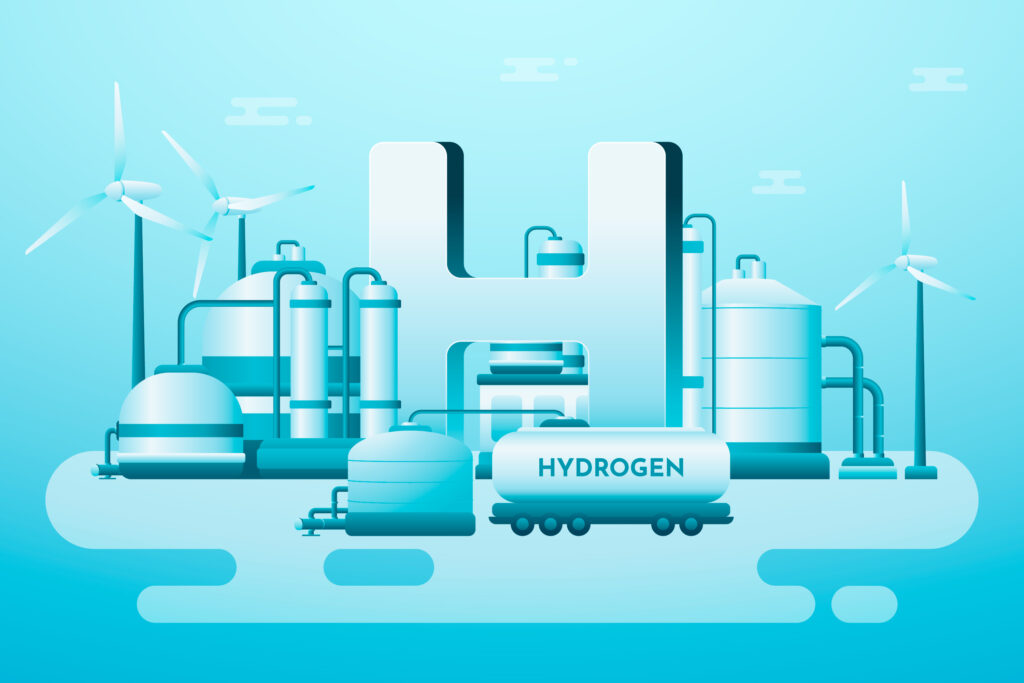Hydrogen holds the distinction of possessing the most substantial energy content per unit weight among all chemical fuels, outstripping gasoline by a factor of three. It serves as an indispensable raw material for the chemical sector, playing a vital role in oil refining and the manufacturing of fertilizers. Furthermore, it drives fuel cells, exhibiting minimal to virtually absent emissions. Progress in hydrogen technology stands poised to catalyze advancements across diverse domains, encompassing innovations in areas ranging from steel production and ironmaking to the realms of energy storage and the facilitation of transportation through a gamut of vehicles, including both light-duty and heavy-duty automobiles, trains, aircraft, and watercraft.

